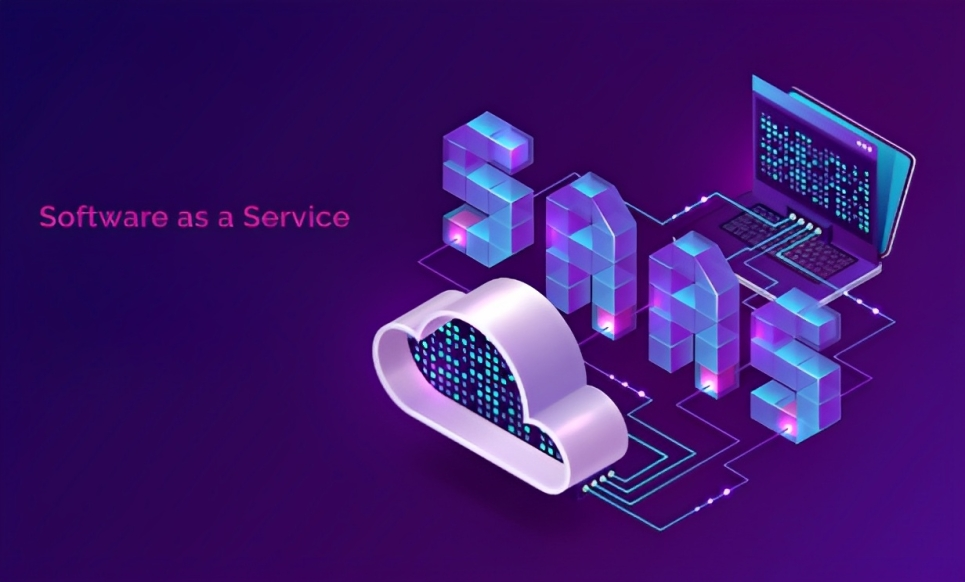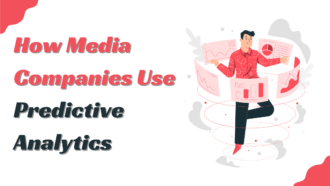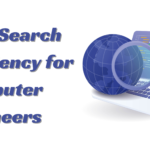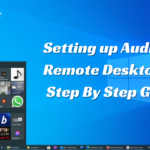Why SaaS companies need an LMS!
The goal of the learning program, the amount of money to be spent on the new asset, and the tool’s expectations should all be considered when choosing the best online learning management system (or LMS).
Learning management systems that are “Software as a Service” (SaaS) based or hosted on the vendor website and used by clients have many advantages over installed on-premise software. We examine how SaaS-based platforms can offer a competitive advantage over installed ones for most online learning requirements.
Why SaaS companies need an LMS!
It is Adaptable:
Your learners have access to a SaaS LMS whenever and wherever it makes the most sense for them to do so. Users can get round-the-clock support from the vendor in all time zones. Thanks to simple features, you can tailor the learning experiences to fit your corporate learning objectives. And any modifications can be reversed or changed to better suit your expanding organization.
Modern Attributes:
Any SaaS LMS worth its salt will have simple and configured features. An LMS interface should be configured to be as simple or complex as your organization requires, from required to self-directed learning.
Your learners should be able to start and finish training with ease. Using features like portals, you can design and administer distinctive learning environments tailored to particular learner groups and training needs. A great SaaS LMS will reduce the administrative workload with features like automation and reports, making it easier to use, not just for the learners.
Thinkific and Kajabi are two LMSs that have these features. You can use thinkific vs kajabi comparison to decide which one will work best for you.
Data Protection:
The majority of Cloud LMSs are spread out geographically. This not only helps to provide customers with the best experience possible, but it also wholly isolates data between portals for complete data security. It makes hosting multiple clients on the same setup a breeze for training companies!
The physical separation of the database adds an extra layer of security to the data, so the organizations hosted on the SaaS LMS don’t have to worry about their private information being made available to other organizations.
Effortless Operation:
A cloud-based LMS may be hosted on a vendor’s premises, where it is continuously inspected for errors and subjected to systematic quality reviews by a dedicated team. The LMS’s designers, who spent years developing it, are the most trustworthy persons to handle its maintenance because they are fully aware of how the system functions technically.
Learning providers, such as HR departments of businesses, do not need to allocate a technology workforce to the tool. Since the to-and-from data is encrypted, there is no worry about the content’s security.
Upgrades with No Hassle:
Since the vendor hosts the LMS, it is responsible for maintaining and updating it. Unlike the conventional model, all updates, additions, and changes are made without the Training Company’s involvement. These updates and upgrades are also manageable and configured with little to no downtime, making it an easy and affordable business model for training companies.
It Can be Scaled:
A cloud-based system makes it easy to train many employees all at once. There’s a plan here that’s perfect for any business. It’s also easy and quick to increase your network’s bandwidth to serve a growing user base. You won’t have to worry about system updates because of the built-in scalability. Enhance your current plan or subscription with the latest available options.
Rapid Launch:
To help you get up and running quickly, cloud-based LMSs typically include a streamlined setup procedure and a dedicated team of Support and Success specialists. After deciding what you hope to achieve through your training, you may develop your curriculum, enrol your students, and introduce new programs. When choosing amongst LMS providers, it is essential to find out how long it usually takes them to roll out their system to users. This will show you how prepared they are to help you reach your critical learning deadlines.
Conclusion
When it comes to maintaining consistency in your training approach, a SaaS LMS is a fantastic option. It’s a low-cost choice that allows you to give your workers the same high-quality education regardless of location.
Reaching your business objectives is possible if you implement an effective learning management system. It’s a wager on your company’s future as a whole, as demonstrated by your investment in the people who work there.

















